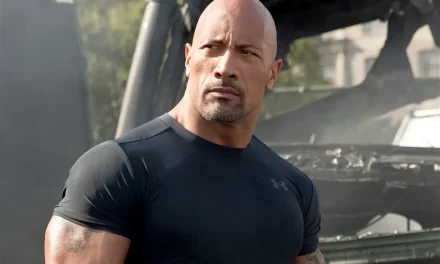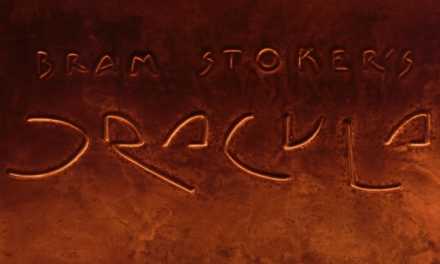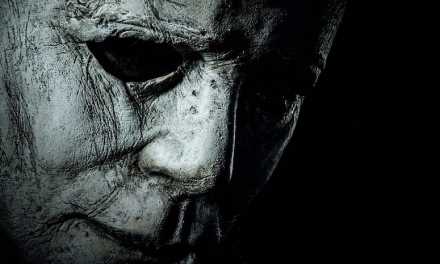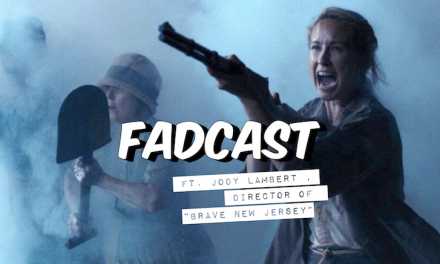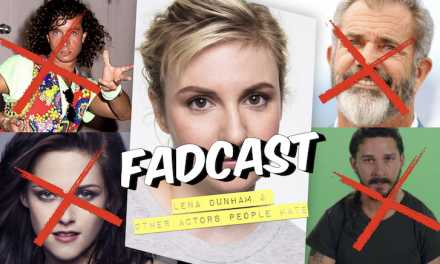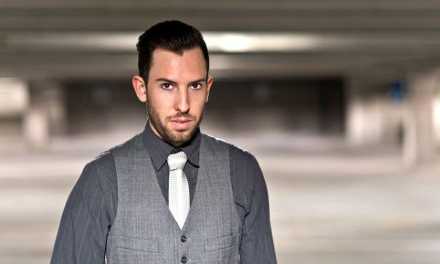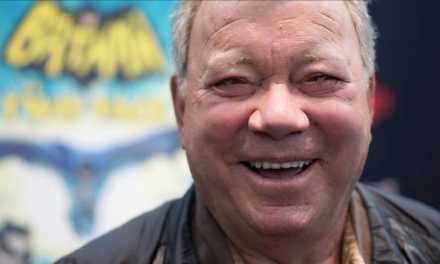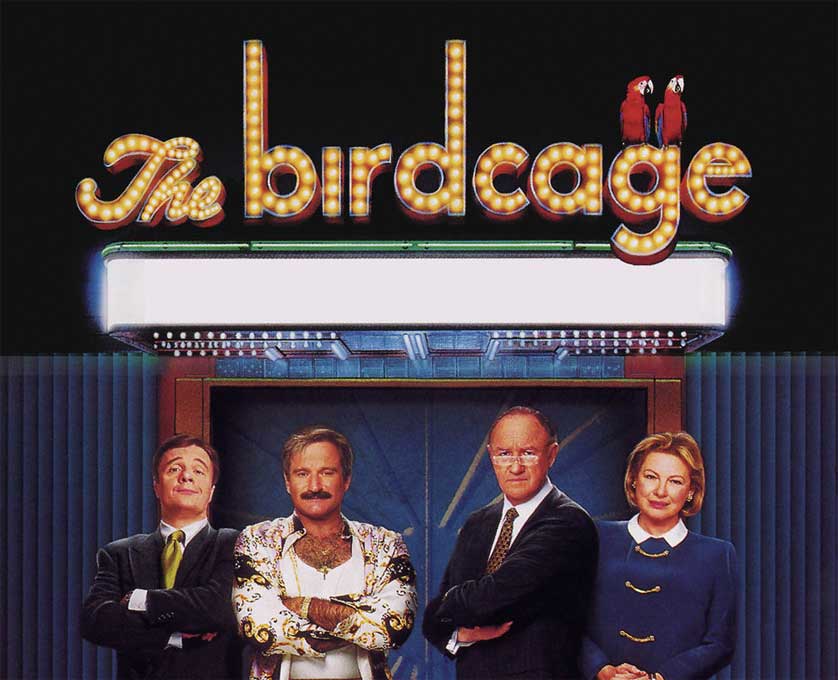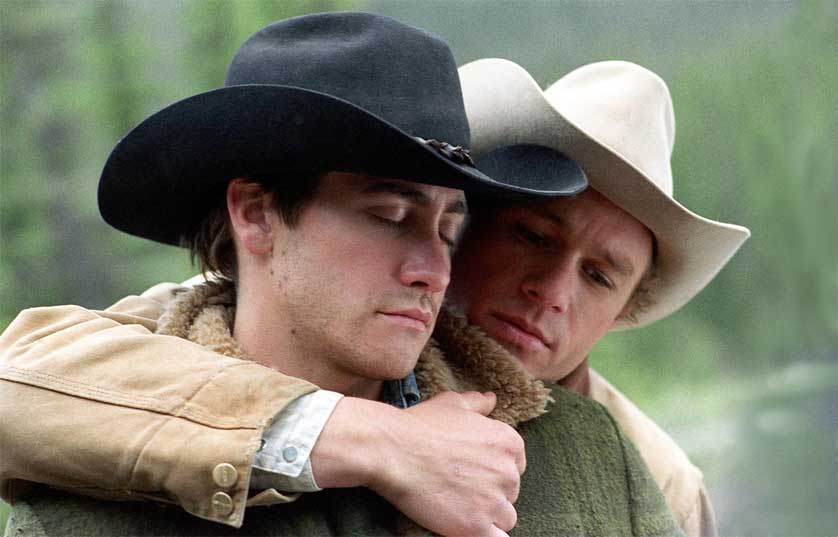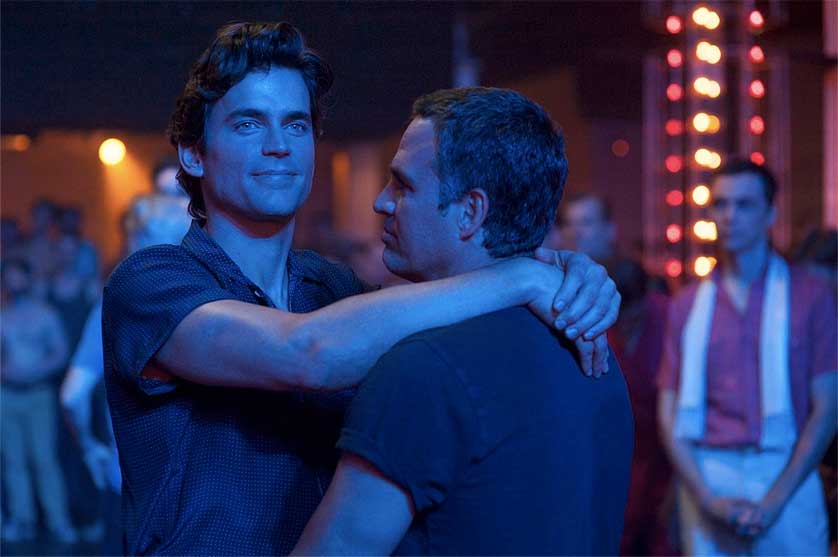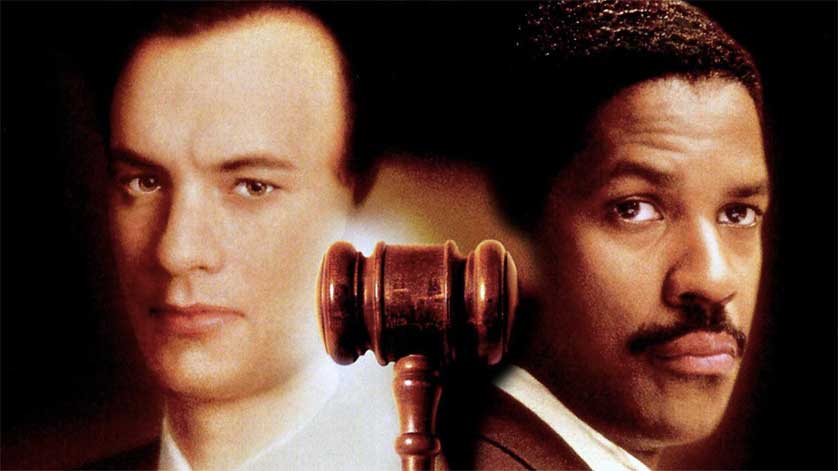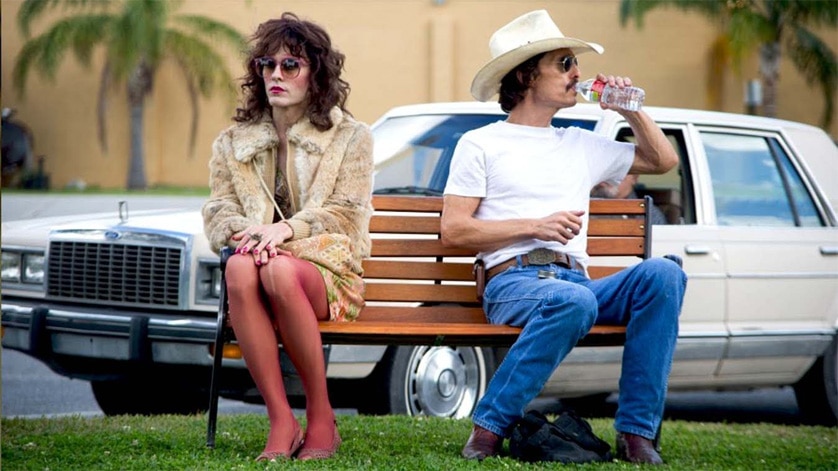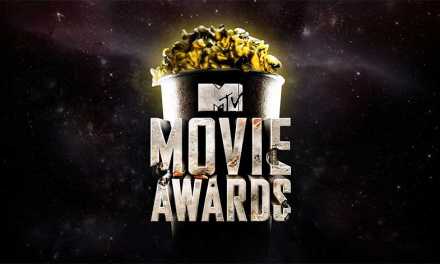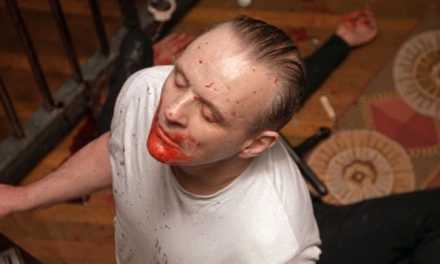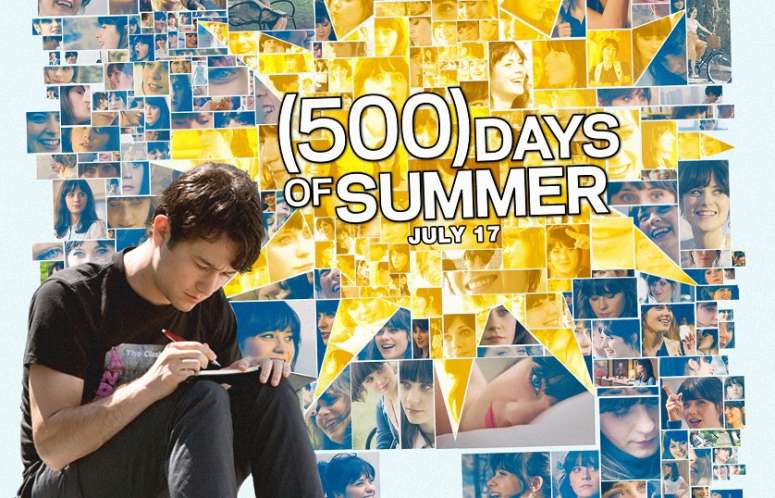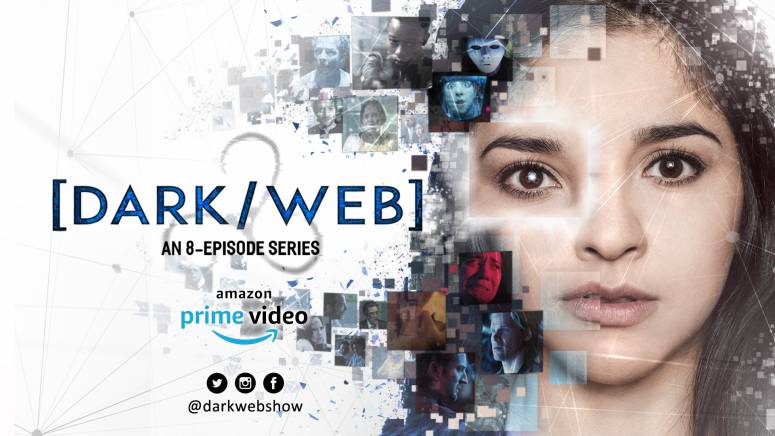
5 Films that Changed the Homophobic Perspective
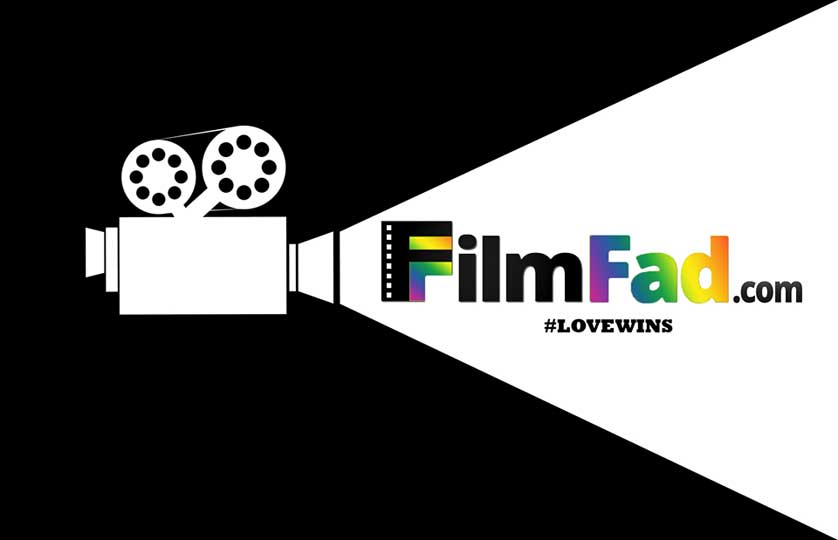
Five films that changed the homophobic perspective!
When I was in high school, “gay” was a taboo word used to label someone as inferior. My school was a sheltered school where many of my peers instilled my thoughts towards homosexuality. For years of being surrounded by these people I had this idea of gay men being predatory perverts who preyed on unsuspecting heterosexuals. I admit that I had my guard up for years. Because of my lack of knowledge and my own susceptible, gullible stupidity that stemmed from peer influence and my need to be accepted, I was on a path towards absolute homophobia.
It wasn’t until I left high school and got out into the real world where I started using that logic and reason that I adamantly live by today. I would find out that co-workers, classmates, and random acquaintances were all gay but didn’t fit into this profile that had been created by my peers at my isolated high school. Today I have people in my life that I know by their names first, but also happen to be gay. They make up a part of what has shaped me into who I am just the same as any other person that has had an influence on my life. While the Supreme Court decision may be a win for marriage, I think it’s a win for everyone to be individual thinkers. To not judge someone based on what you don’t know and instead be open-minded about people just being people.
It is true that actions speak louder than words and maybe that’s why film has the ability to transcend words by visually conveying an emotional connection to an audience. While there are many films related to this topic, here are five films that contained a message to counter the homophobic perspective.
The Birdcage
While the film was portrayed as a comedy, Robin Williams and Nathan Lane challenged the stereotypical conservative view on homosexuality. Alongside Gene Hackman, Williams and Lane played a homosexual couple that raised a heterosexual boy hoping to marry a woman (Calista Flockheart) from a conservative political family. Frightened of his fiance’s family’s reaction to his homosexual parents, Val Goldman asks his parents to pretend to not be gay when meeting his fiance’s parents. When his biological mother cannot attend, one parent (Nathan Lane) ends up dressing as a women to play his mother.
Even though this film played to a lot of gay stereotypes, it was ahead of its time in 1996. It was a metaphorical representation of the opposition to homosexuality and how many view homosexuality negatively due to their own lack of experience with homosexual people. Gene Hackman plays a typical conservative politician who opposes homosexuality but is surprised when he finds out a woman (Nathan Lane) whose ideals he admires is actually a homosexual man. While there are many laughs to be had throughout this film, the message is strongly stated that prejudicial judgement comes from a lack of knowledge rather than fact.
Brokeback Mountain
This is a film that changed many people’s perspective on homosexuality and also gained Oscar notoriety for Heath Ledger and Jake Gyllenhaal. With the hashtag “#LoveWins” being prevalent after the SCOTUS’ recent decision on gay marriage, “Brokeback Mountain” is a perfect representation of that message.
People that I know who leaned more towards homophobic rather than not were emotionally connected to the film and expressed their sympathy for the characters. Despite the main characters being homosexual, “Brokeback Mountain” focuses on a strong love that existed between two people who were told that it was wrong. While they tried to fit into societies standards, they both never quite found their happiness and that message tugged at the heart strings of the most rigid people in opposition.
The Normal Heart
When HBO says, “It’s not TV, it’s HBO,” they mean it. With multiple Golden Globe and Emmy nominations and wins, “The Normal Heart” proved that it was worthy of being considered more than just a TV movie.
This film focused on AIDS/HIV awareness during its peak in the 1980s. During this time many considered it the “gay cancer” and even the White House failed to recognize the disease. “The Normal Heart” focused on this disease and the loss of loved ones associated with AIDS/HIV. During the 1980s many seemed to be desensitized to the effect of AIDS/HIV and were unaware of the many who lost significant others just because of the negative stigma associated with homosexuality. Actors like Matt Bomer and Mark Ruffalo captured the emotional distress associated with the disease and homosexuality and also captured the hearts of many viewers.
“The Normal Heart” was a film that showed the fear, hardships, and loss associated with a disease that was prevalent in homosexual men but ignored by the USA due to its association with homosexuality.
Philadelphia
Tom Hanks earned his first Oscar for “Philadelphia” and also played an important role in 1993 alongside Denzel Washington. As a homosexual lawyer living with AIDS, Andrew Beckett (Tom Hanks) is at a low when he’s fired from his law firm as he begins to show signs of the disease.
Without a lawyer and the ability to represent himself due to his health, a homophobic lawyer named Joe Miller takes his case hoping to gain notoriety from the controversy. Along the way, Joe bonds with Andrew and begins to break down the reclusive mental wall brought on by his homophobia. The story is sad and emotional as we see Joe find prejudicial redemption and Andrew struggle with the horrible disease and the prejudices that people carry in regards to AIDS/HIV.
“Philadelphia” could be considered the “Dallas Buyer’s Club” of the 1990s with its story of moral redemption and its depiction of the harsh effects of AIDS.
Dallas Buyer’s Club
Like a majority of the films on this list, “Dallas Buyer’s Club” is about the struggles with HIV/AIDS on top of the struggles with homosexuality. The best part of this film is not the struggle but the path to redemption regarding Matthew McConaughey‘s character.
As a homophobic Texan who is dumbfounded as to how he acquired HIV, Ron Woodrof (Matthew McConaughey) is put into an environment where he is forced to interact with homosexuals. While creating a “buyer’s club” for non-approved but effective HIV medication, Ron partners with Rayon (Jared Leto) to extend his reach for medical sales. While Ron’s homophobia remains intact initially, eventually he finds that he isn’t much different from homosexuals when sharing their desperation for a cure. What starts as a business venture eventually becomes a mission to save people who he once misunderstood and later considers to be family.
This film speaks volumes to those who have their own misconceptions regarding homosexuality and is a redemption story in its purest form. It shows that there is hope for anyone that may be misguided due to their own prejudice.


